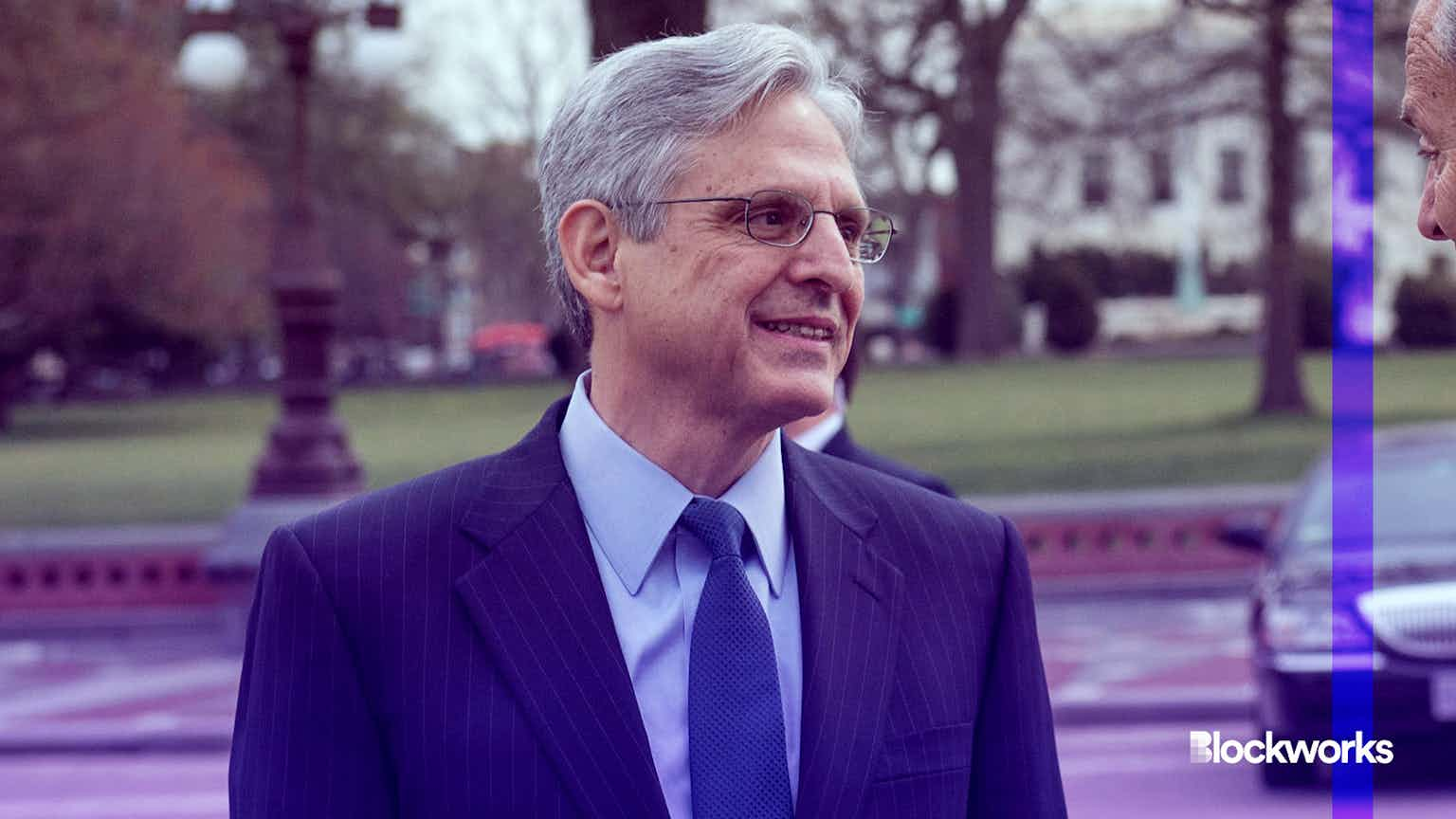From Ripple and XRP to Filecoin: The SEC is Simply Illogical
There’s no chance that the SEC is genuinely interested in helping any crypto company “come into compliance” — their real goal is just control

WillrowHood/Shutterstock modified by Blockworks
If the crypto industry hadn’t yet appreciated the scale of the danger posed by the SEC’s legal theory at the heart of its long-running lawsuit against Ripple and the XRP token, it seems to have finally hit home for many when news broke about Grayscale’s attempted SEC registration of its Filecoin Trust.
When you consider the Grayscale news, the SEC’s recent claim that Algorand constitutes an unregistered security, and the Coinbase Wells notice, the SEC’s war on crypto becomes clear.
As amicus counsel for 75,000 plus XRP holders, I’ve spent more than two years warning anyone who would listen about the outrageous arguments being made by the SEC.
The SEC’s central theory in the Ripple case is that the XRP token itself is a security. The allegations are not limited to transactions offered by Ripple or its executives. The SEC is arguing all sales of XRP, regardless of the seller or the circumstances surrounding the sale, constitute the transfer of securities. From the very first one in 2013, onward into perpetuity — including on the secondary markets between parties who have nothing to do with nor even knowledge of a company called Ripple.
The SEC based this on the allegation that the “very nature” of a digital asset is to be a security and nothing else, making XRP “the embodiment” of an investment contract with Ripple no matter who holds it, uses it or sells it.
Anyone familiar with the Supreme Court’s 1946 Howey decision must concede the SEC’s wildly overreaching argument stretches the so-called Howey test beyond recognition.
The Howey decision makes clear that the underlying asset itself is not the security, only the scheme by which it is packaged and sold. That 1946 case was about investments in Florida orange groves being sold with the promise of profits from the harvesting and sale of the oranges they produced. The investment scheme in the groves was the security, not the oranges.
Beginning with XRP and theoretically expanding to every digital asset, the SEC has embarked on turning the Howey test on its head. For the first time since 1946, the oranges are now the securities.
To illustrate the Filecoin Trust situation through that prism, the agency’s lawyers are starting to chase after the grocers who are selling the oranges in a nearby town. That is how absurd this has become.
Given how the SEC has treated secondary market sales of XRP in the Ripple case, those proverbial grocers now can’t claim innocence by proving they’d bought the oranges from a middleman and not the Howey company.
Under the SEC’s new legal theory on cryptocurrencies, those oranges are forever tied to the Howey investment and are thus, always illegal. That is, in effect, what just happened to Grayscale.
Just like it did in the run-up to suing Ripple over XRP, the SEC is not going to find a path for registering Filecoin as a security because there is no real way to register an asset that has practical utility on a decentralized file sharing network. Logic simply does not enter the SEC’s thinking.
Nor will the agency help Grayscale register Filecoin Trust as an investment company if it separately sues the Filecoin Foundation. No digital asset will ever “come into compliance,” because that isn’t the SEC’s goal. How does one even attempt to register a line of digital code existing within software?
Instead, the SEC will continue to exploit every chance it has to drag every crypto entity into court by arguing every possible digital asset to be a security under its embodiment theory.
Either through bankrupting settlements or draining hundreds of millions of dollars out of targets in long, drawn out cases, the SEC’s only goal is to get the entire crypto space under its regulatory thumb no matter who gets harmed in the process. It certainly doesn’t care about harming the retail investors they claim to be protecting.
Start your day with top crypto insights from David Canellis and Katherine Ross. Subscribe to the Empire newsletter.




